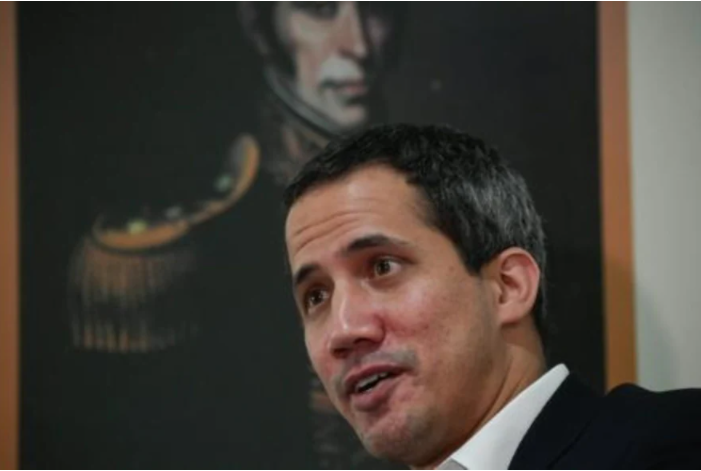The Venezuelan government announced that it reached "partial agreements" with the opposition on Saturday in Mexico City, during the second day of negotiations primarily aimed at ensuring the participation of President Nicolás Maduro's opponents in the regional elections scheduled for November. However, there were no indicators available regarding the content of these agreements. According to an opposition source who spoke to Agence France-Presse, "nothing has been agreed upon yet."
After the discussions on Saturday, the President of the National Assembly and head of the government delegation, Jorge Rodríguez, stated, "We primarily worked on partial agreements, particularly regarding the fate of the Venezuelan people." He added that the government is "very keen" on all the economic guarantees that have been "seized, blocked, and stolen from the people of Venezuela," while Maduro seeks to partially, if not fully, lift the sanctions imposed on his regime in exchange for concessions to the opposition.
Earlier, the opposition delegation indicated it expects "swift agreements" with government representatives. Before the meeting, the head of the opposition delegation, Gerardo Blyde, stated that these agreements "will seek to alleviate the crisis. But the crisis stems from very serious fundamental problems, from a model that has failed in Venezuela and does not acknowledge democratic and constitutional order." He added, "This is a process that is starting" but is "difficult and complex."
For his part, opposition leader Juan Guaidó tweeted, "We are in Mexico seeking a National Rescue Agreement to respond to the emergency and provide conditions for free and fair elections and save our democracy." He stated, "All we know is that currently there are no conditions for free and fair elections in Venezuela. That is why we are in Mexico, fighting to establish those conditions."
The main opposition coalition announced earlier this week that it would end a three-year boycott of elections and participate in the mayoral and gubernatorial elections in November. The talks, which began on Friday, followed negotiations that both parties started last month, mediated by Norway and hosted in Mexico City, in an effort to resolve a political crisis that has overshadowed eight years of Maduro's rule.
The agenda for the talks includes seven points, including easing sanctions, political rights, and electoral guarantees, but not the departure of Maduro, who is accused by the opposition of rigging the elections he won in 2018. It is not expected that Maduro or Guaidó will participate in the talks.
Previous negotiations in the Dominican Republic in 2018 and Barbados the following year failed to resolve the dire political and economic crisis. The United States is urging Maduro to make serious efforts to hold elections if he wishes to see sanctions eased. Washington hopes that the dialogue in Mexico "will lay the groundwork for the democratic outcome that Venezuelans deserve," according to U.S. State Department spokesman Ned Price.




